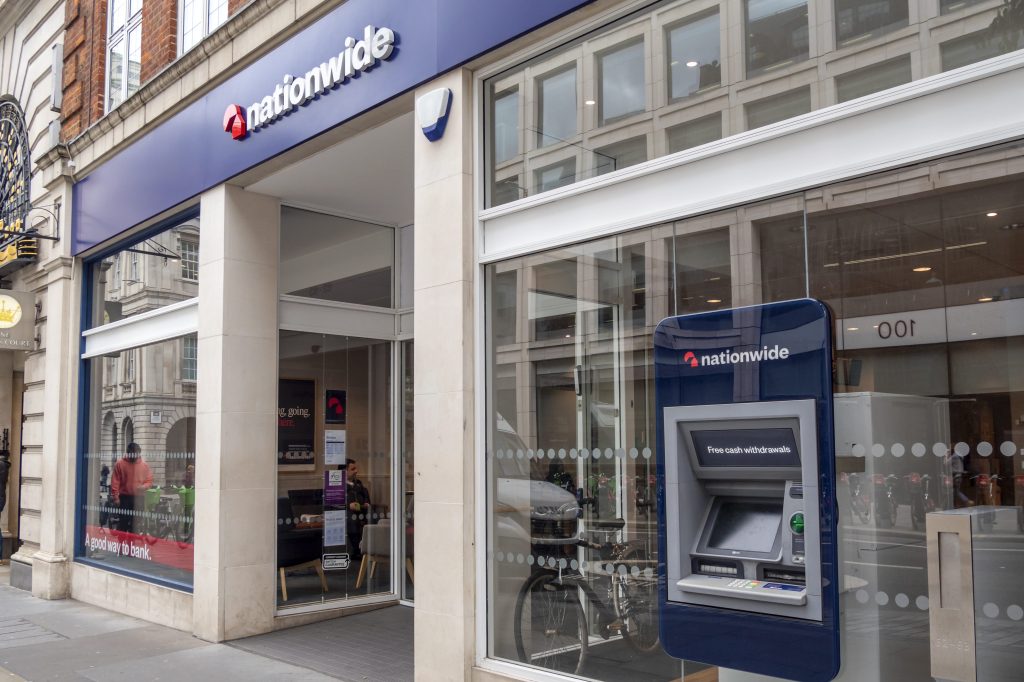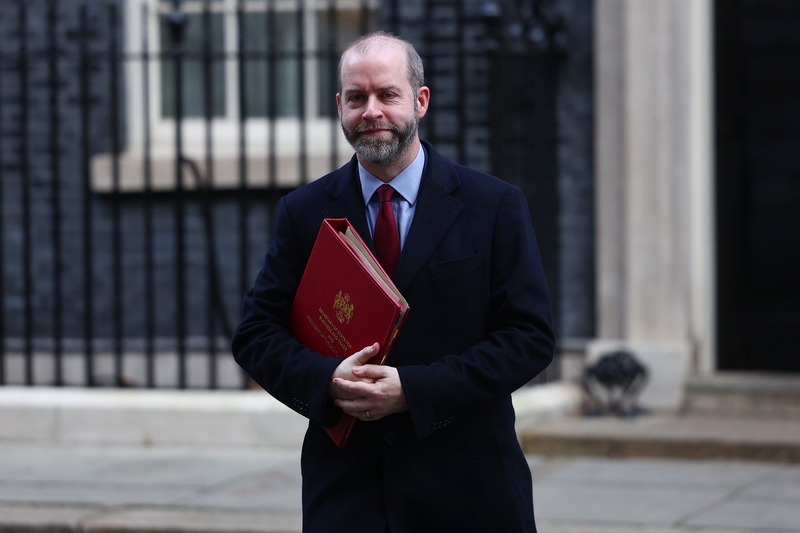UK ministers are discussing behind the scenes plans about reshaping the country’s regulatory landscape, business secretary Jonathan Reynolds has hinted. And whether the country has the right number of regulators is one of the questions on the table.
Reynolds was Speaking at a Samsung KX event in London on Thursday
Register for free to keep reading.
To continue reading this article and unlock full access to GRIP, register now. You’ll enjoy free access to all content until our subscription service launches in early 2026.
- Unlimited access to industry insights
- Stay on top of key rules and regulatory changes with our Rules Navigator
- Ad-free experience with no distractions
- Regular podcasts from trusted external experts
- Fresh compliance and regulatory content every day












